April 14th is an important day for us as we celebrate Ambedkar Jayanti, honoring the legacy of Dr. B.R. Ambedkar. This time also marks Holy Week, the most sacred period in the Christian faith, culminating in the Paschal Triduum. The intersection of these two events encourages us to reflect on their deep connection.
The Paschal Mystery of Jesus’ suffering, death, and resurrection embodies themes of liberation, transformation, and renewal. Similarly, Dr. Ambedkar’s life was a journey from oppression to justice and from suffering to dignity. In a world fractured by injustice, inequality, and division, both Holy Week and Dr. Ambedkar’s struggle provide us with a roadmap for hope. Their stories remind us that suffering is not the end, oppression can be overcome, and we are called to be agents of transformation.
Holy Thursday: A Call to Humble Service
On Holy Thursday, Jesus exemplified humility by washing His disciples' feet, challenging societal norms by showing that true leadership is about serving others. Dr. B.R. Ambedkar mirrored this spirit, overcoming the adversity of being born into the Dalit community and dedicating his life to advocating for the oppressed. Both messages highlight that power should be used for service and uplifting those marginalized by caste, race, and economic inequality.
Good Friday: Suffering and Sacrifice for Justice
Good Friday commemorates the suffering and sacrifice of Jesus, emphasizing the injustice he faced despite his innocence and advocacy for the marginalized. Similarly, Dr. B.R. Ambedkar experienced significant suffering and rejection while fighting against caste discrimination, notably during events like the Mahad struggle and the Kalaram Temple entry movement. Both figures symbolize the price of justice and the necessity of sacrifice for true liberation. Good Friday serves as a reminder for truth-seekers and activists today to assertively champion justice rather than remain silent.
Holy Saturday: Waiting in Darkness, Hoping for Light
Holy Saturday symbolizes a time of waiting, silence, and uncertainty, reflecting the feelings of Jesus' followers as he lay in the tomb. This theme of waiting resonates with oppressed groups today, such as Ambedkar and the Dalits, who waited for education, rights, and dignity, as well as the abolishment of untouchability. Despite facing rejection and violence, Ambedkar remained hopeful, using the period of waiting to plan for change. Many people today continue to wait for justice, safety, and equality. Ultimately, it conveys that patience and perseverance can lead to brighter futures, as seen in both Holy Saturday and Ambedkar's legacy.
Easter Sunday: A New Life of Freedom and Justice
Easter Sunday represents victory over death and a promise of new life, symbolizing that injustice will not prevail. In 1949, Ambedkar experienced a similar moment with the adoption of the Indian Constitution, which he drafted, establishing a new foundation for India based on liberty, equality, and fraternity. Key outcomes of the Constitution included the abolition of untouchability, legal protections for Dalits and marginalized communities, and recognition of education, employment, and dignity as fundamental rights. Both Easter and Ambedkar's achievements signify that injustice is temporary, and that truth, justice, and hope ultimately triumph.
Conclusion
The short reflection emphasizes the significance of Christ's resurrection as a symbol of conquering death and promoting justice and love, paralleling this with Ambedkar’s struggle for equality and dignity. It encourages reflection on key questions regarding support for marginalized individuals and the embodiment of hope through justice. The coincidence of Ambedkar Jayanti and Easter serves as a reminder of the inevitability of justice and the importance of striving for a world of freedom and equality. Ultimately, true resurrection is represented in acts of justice, love, and courage.
(Vijayanand is a Master of Theology (MTh) student at St. Peter's Pontifical Institute in Bangalore.)
Become a member
Get the latest news right in your inbox. We never spam!

-1744562875.jpg)
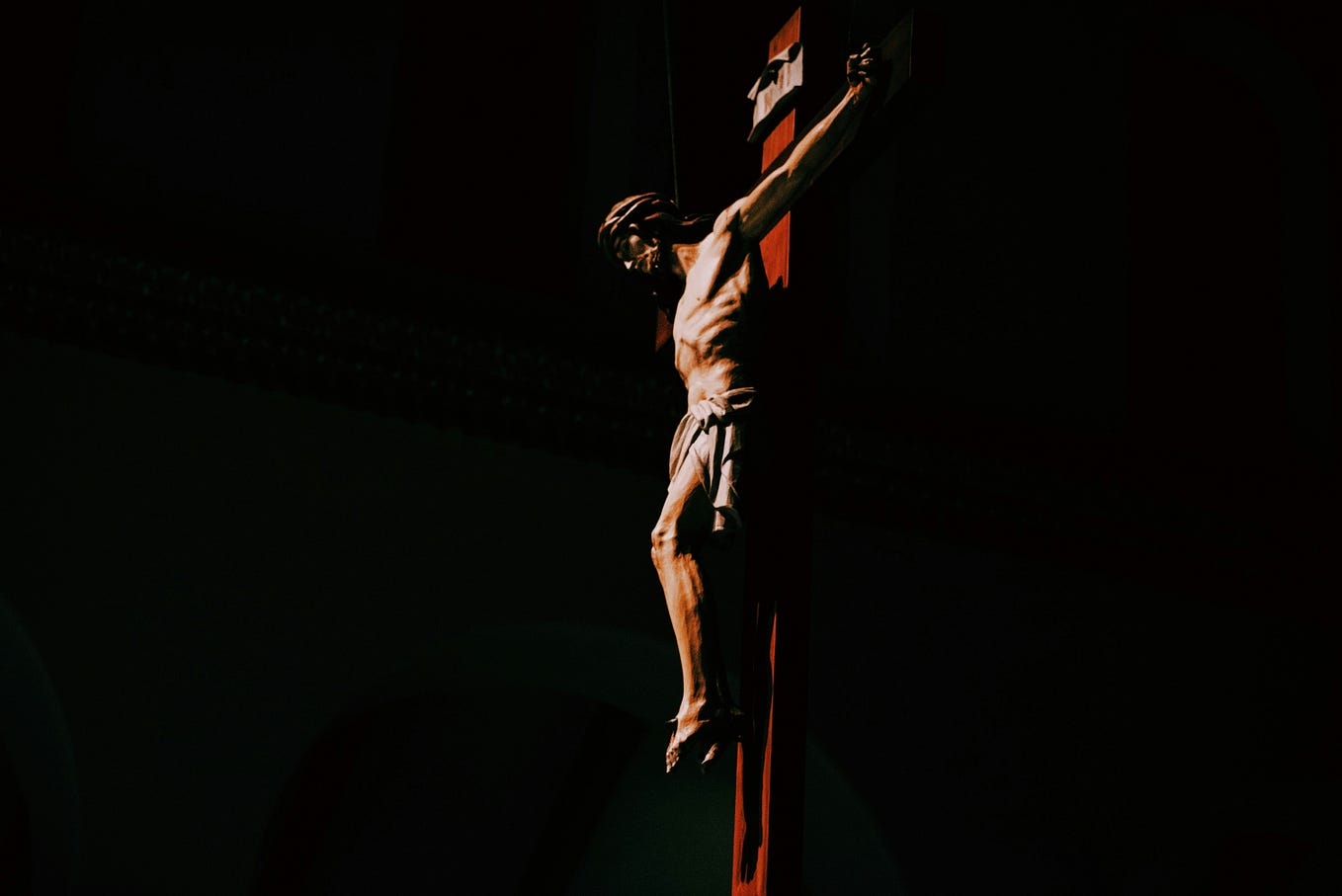
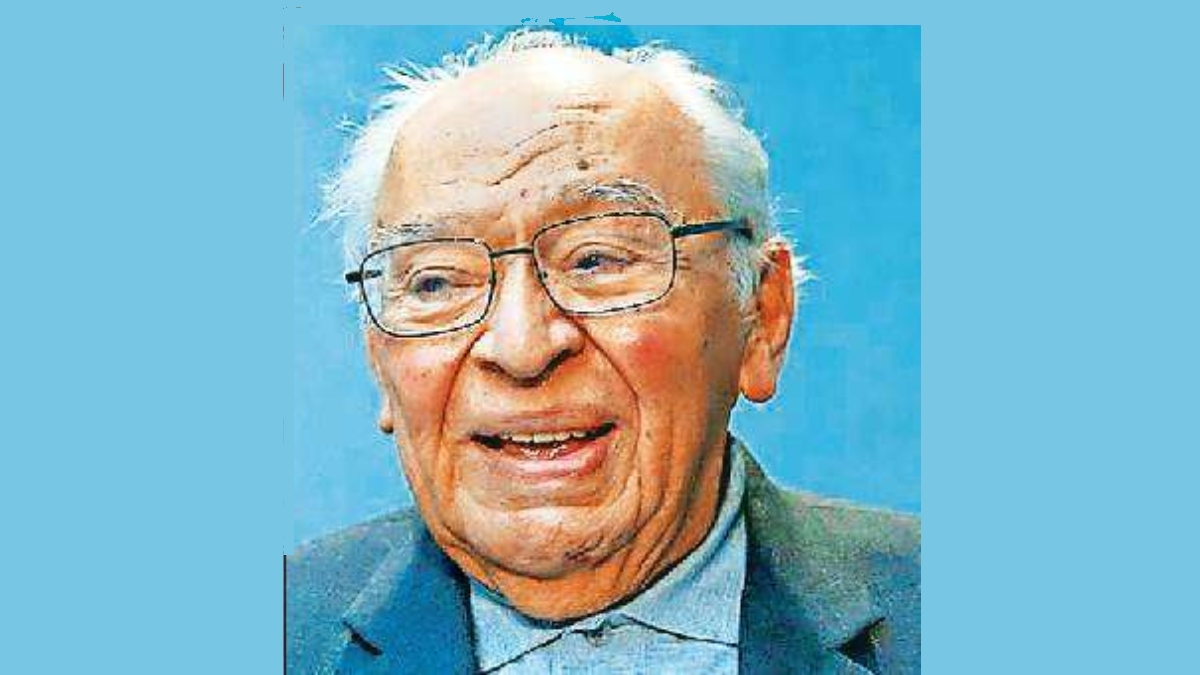
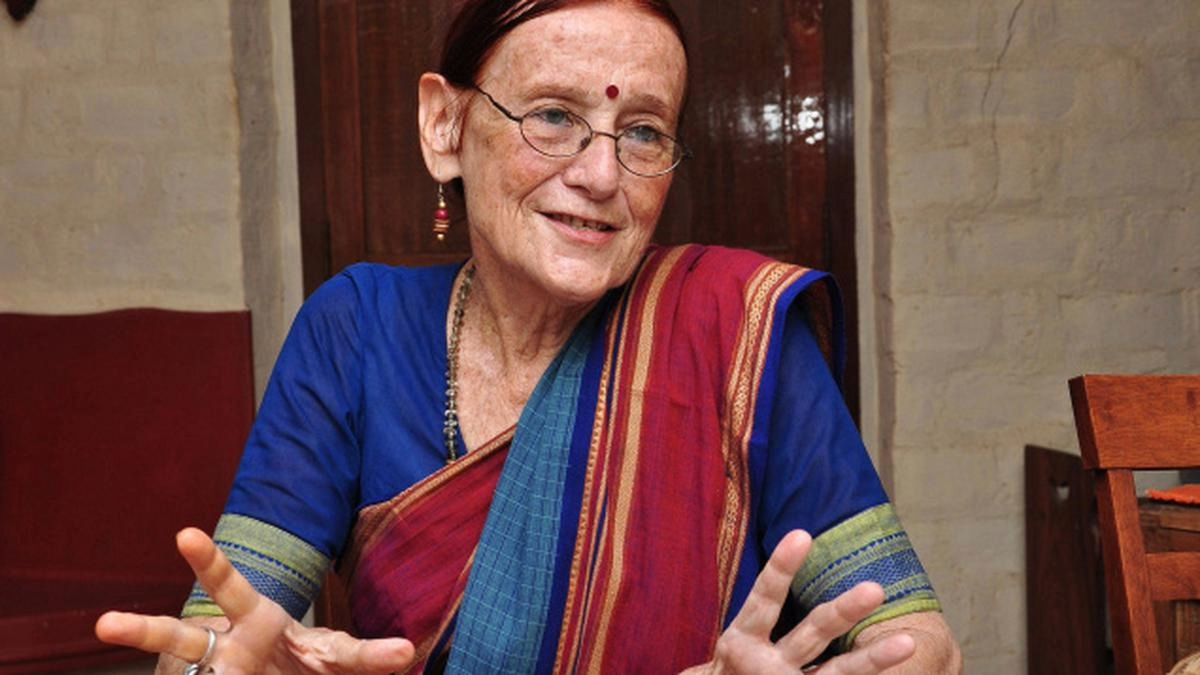
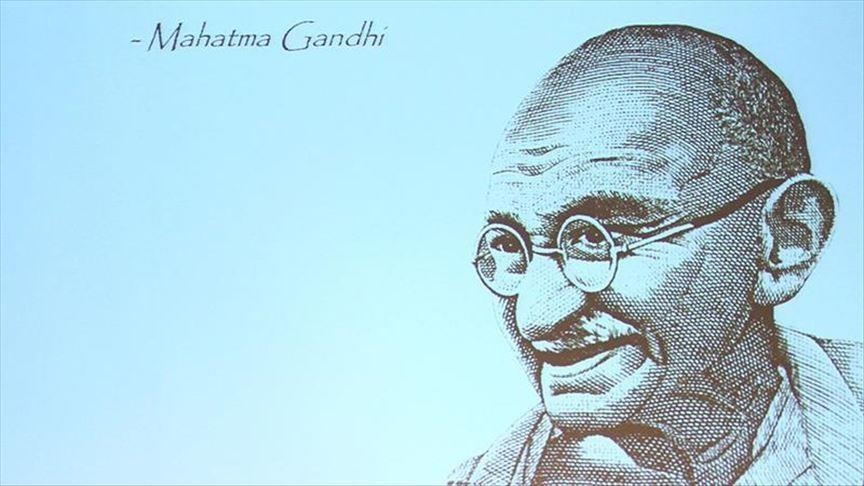
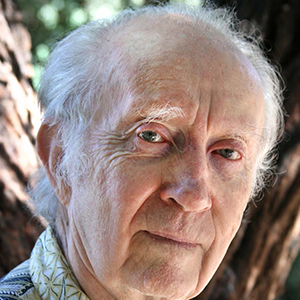

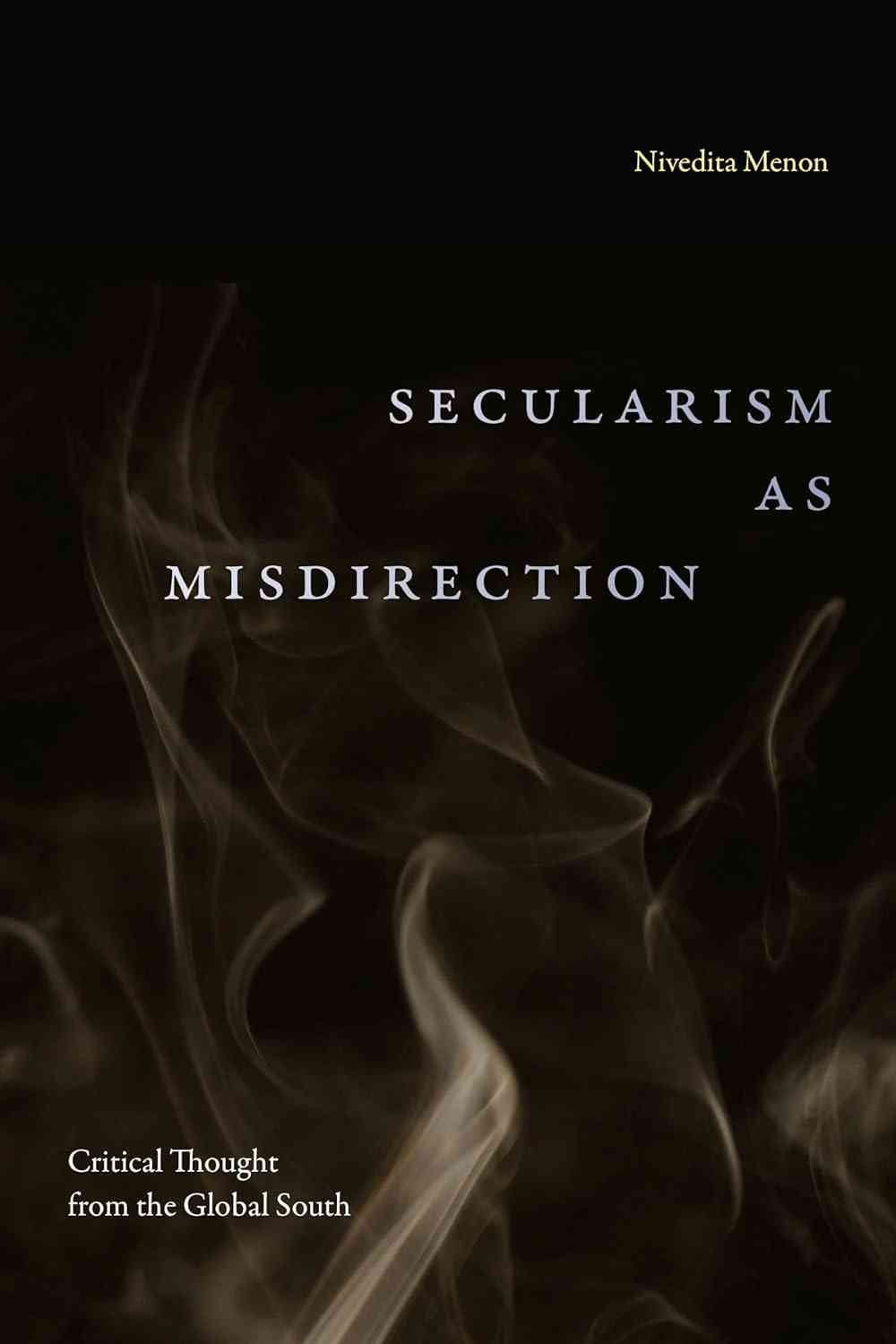

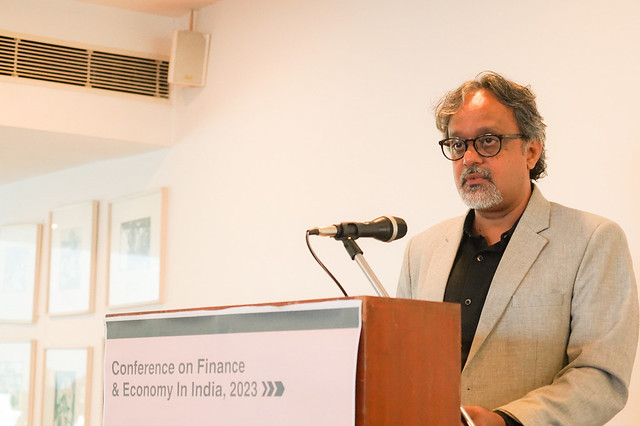

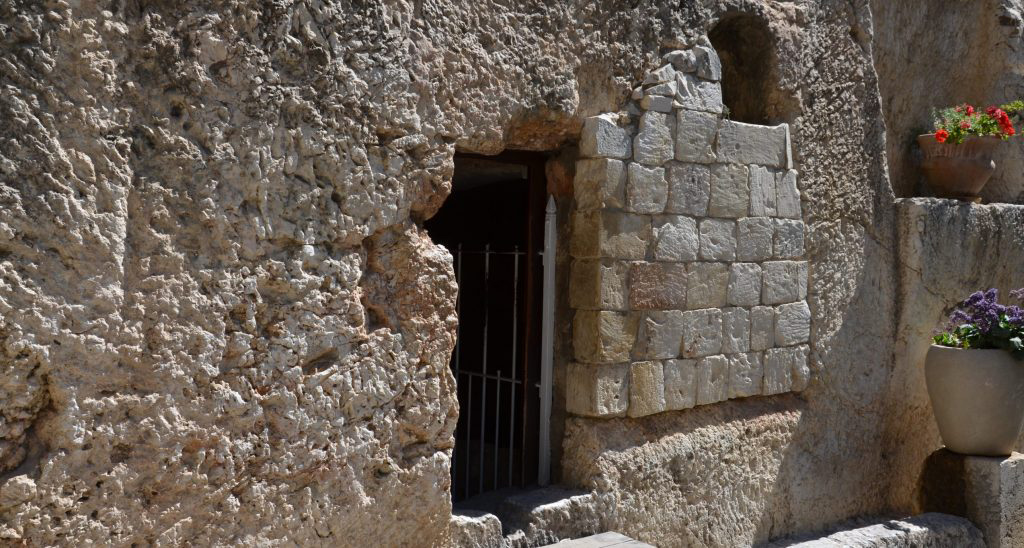


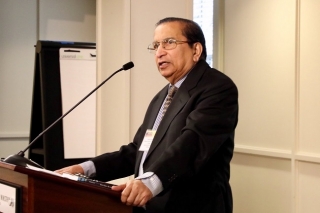



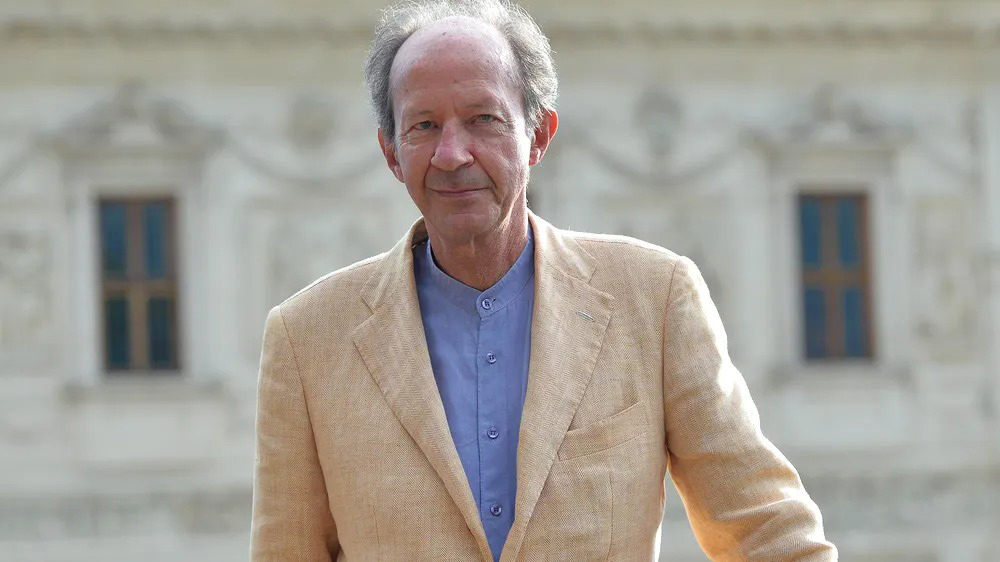
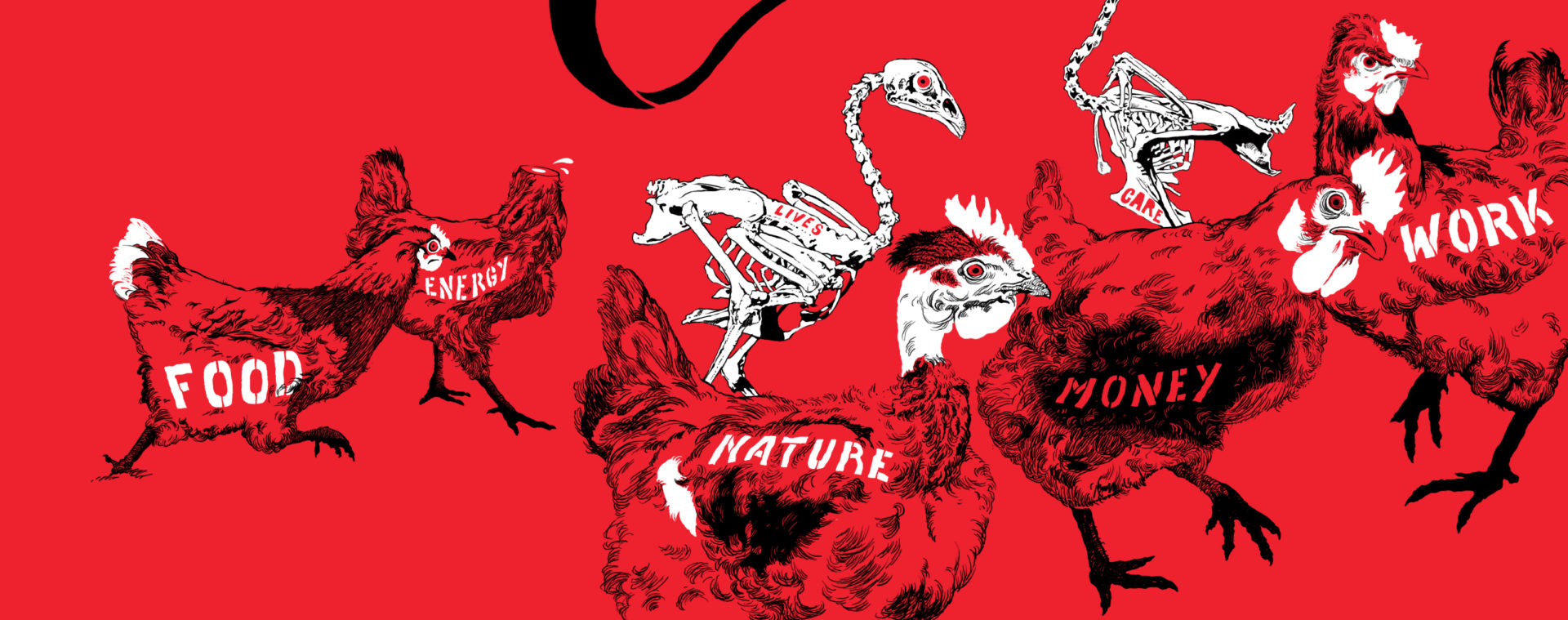
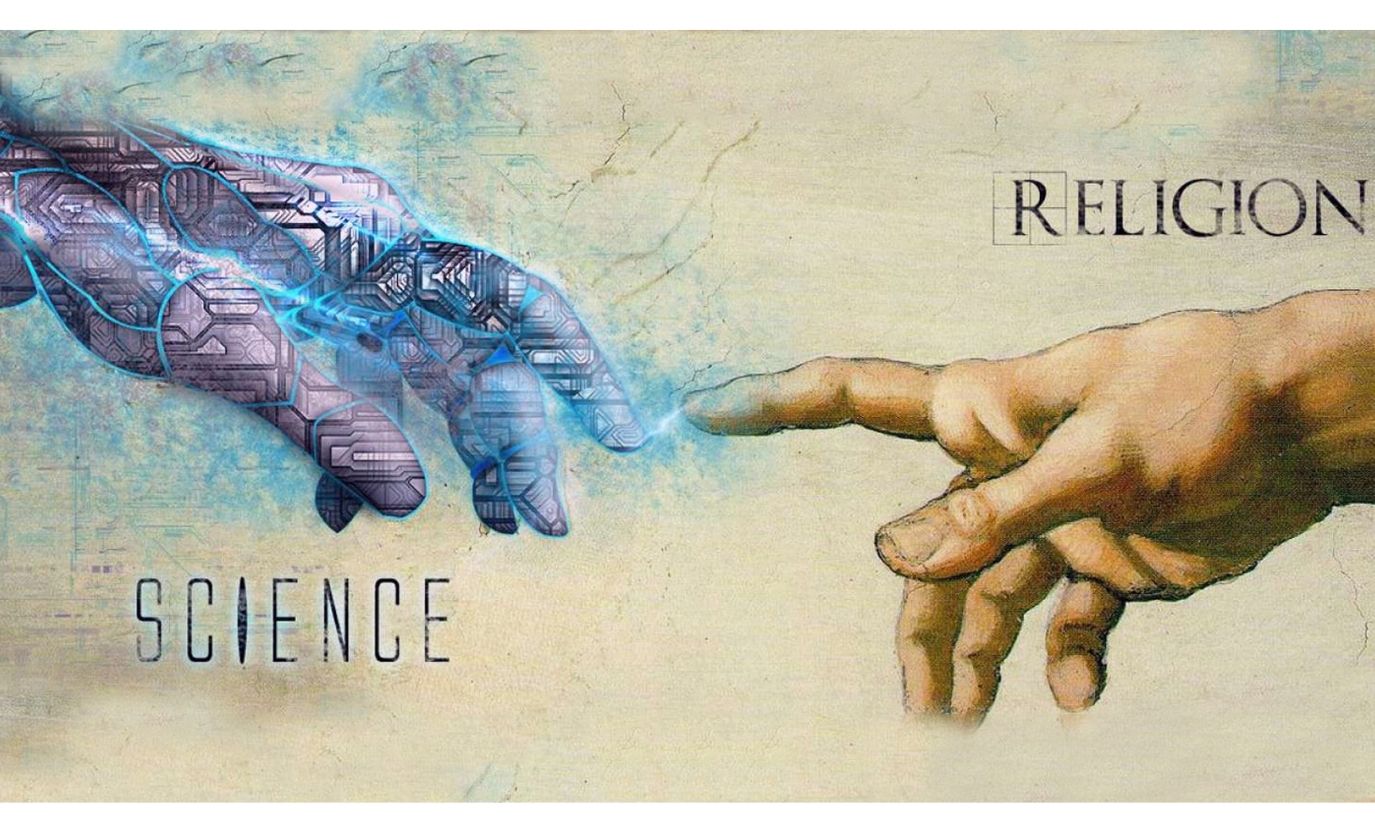
Comments
No Comments